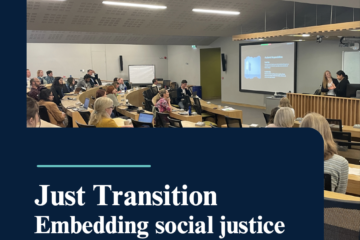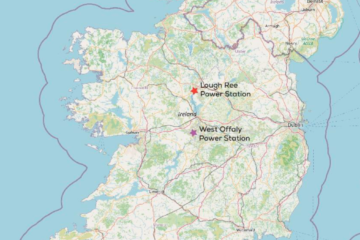Why is bottom-up more acceptable than top-down? A study on collective psychological ownership and place-technology fit in the Irish Midlands
1 Feb 2023, Energy Research and Social Science, 96
Međugorac V, Schuitema G.
https://doi.org/10.1016/j.erss.2022.102924
Abstract: Previous research has shown that bottom-up governance approaches enjoy higher community acceptance than top-down approaches. However, it is unclear why this is the case. We investigated this in a survey-based field study in a community in the Irish Midlands that is transitioning away from fossil fuel-based (peat) based energy generation to a renewable energy system. Community members evaluated two scenarios that were part of the actual public debate, that is – a scenario proposed by the government and industry (a top-down scenario), and a scenario proposed by some local community members (a bottom-up scenario). The results showed that, compared to the top-down scenario, the bottom-up scenario was more acceptable, community members felt stronger collective psychological ownership over it, and it was perceived as more place-fitting. Mediation analysis confirmed that higher community acceptance of the bottom-up scenario compared to the top-down one was mediated by stronger feelings of collective psychological ownership and perceptions of place-technology fit community members had regarding the proposed bottom-up development than the top-down one. These results imply that community acceptance is higher under bottom-up governance approaches as they strengthen collective psychological ownership and perceptions of place-technology fit among communities where renewable energy projects are being developed.



0 Comments